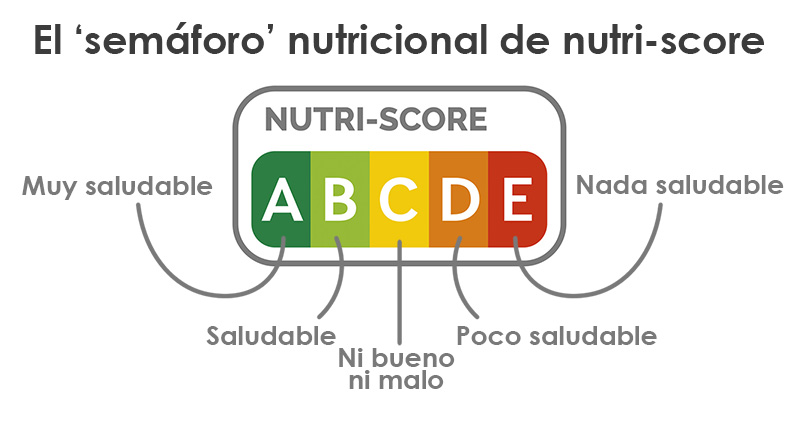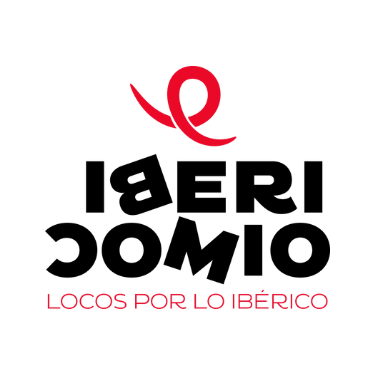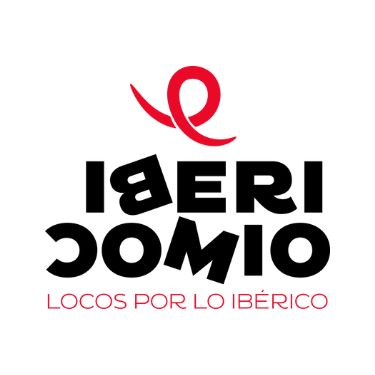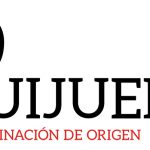Iberian ham is healthy. Everything the Nutriscore scale does not consider.
A few weeks ago it was made public that a new addition to food labeling would be implemented in Spain: Nutriscore. Already implemented in countries like France or Germany, it is a scale whose objective is to show in an intuitive way which processed foods are more recommendable. The problem? That our beloved Iberian hamnot only does not pass, but it has received the worst grade. Under this algorithm, this food is considered “consumption discouraged”. This is even worse when there are studies that show that not only is it not harmful, but that Iberian ham is a very healthy food.
We must start by defining the Nutriscore and explaining the scoring criteria it uses to assign marks. Then, we encourage you to read on to discover all the nutritional characteristics that make eating Iberian ham healthy.
What is Nutriscore?
Nutriscore is a European initiative that aims to indicate to users in an intuitive way which foods are healthy and which are not so healthy. To do this, it uses an algorithm in which, for every 100g of product, some nutrients, such as sugars, add points and others, such as fiber, subtract points. The fewer points a processed food scores, the better the rating. This is reflected in a label on the packaging that ranges from E, marked with red or “not healthy at all”, to the letter A, dark green, which is understood as “very healthy“.

The idea is that consumers can see which processed foods should be part of our regular consumption and which should be avoided.
Although at first glance it seems simple and efficient, Nutriscore is generating some controversy when it comes to evaluating foods: how is it possible that a box of chocolate cereals, with refined flours and a lot of sugar, gets the best score while products from the Mediterranean diet such as Iberian ham or olive oil get the worst?
What is Nutriscore based on?
First, this algorithm is hackable. This means that a food that has scored poorly can correct that score by adding other additives that the algorithm considers positive. This adds up as a complication, since the processing of Iberian ham follows a traditional, artisanal technique that does not allow additives to correct this score. There are some products to which additives cannot and should not be added to improve this score. Iberian ham is undoubtedly one of them.
On the other hand, this algorithm does not value the quality of these macronutrients, nor the health properties they have been shown to have. Other elements that are very beneficial to health are left out of the equation. Oleic acid, essential for regulating cholesterol, and abundant in Iberian ham, is one of them.
Iberian ham is healthy
Although it is marked in dark red, this labeling does not take into account all the studies that have been carried out, which show that not only is it not an inadvisable food, but that acorn-fed Iberian ham has proven benefits for cardiovascular health.
The pig from which Iberian acorn-fed or free-range ham(black or redbridle ) is produced is raised in the pasture, in the wild. In this environment, its diet is natural. Grass, leaves and fruits from the environment, i.e., foods rich in antioxidants, vitamins and minerals.
Thanks to this natural and healthy environment, Iberian pork meat happens to contain a high percentage of high quality protein (so much so that in 100g of Iberian ham, there is a third of the recommended daily protein portion). In addition to this, Iberian ham has minerals and vitamins in abundance.
In the case of Iberian pigs that are fed acorns, the benefits skyrocket, since this fruit is rich in oleic acid. This fatty acid is the same one that makes olive oil so beneficial to health. This is because it regulates the amount of LDL (bad) cholesterol in the blood. Oleic acid, which is so beneficial for cardiovascular health, is abundant in the meat of acorn-fed Iberian ham.
Iberian ham and Nutriscore
As with almost all foods, it is true that it is not good to abuse its consumption, but its qualification as “inadvisable” by Nutriscore does not seem to adjust too much to the nutritional reality of ham. There are essential elements of nutrition that have been completely omitted from this scale, and this is noticeable in the conflicts it is provoking. Iberian ham is healthy, and forms part of the stupendous Mediterranean diet, which, due to its variety and nutritional richness, is considered one of the healthiest in the world.





